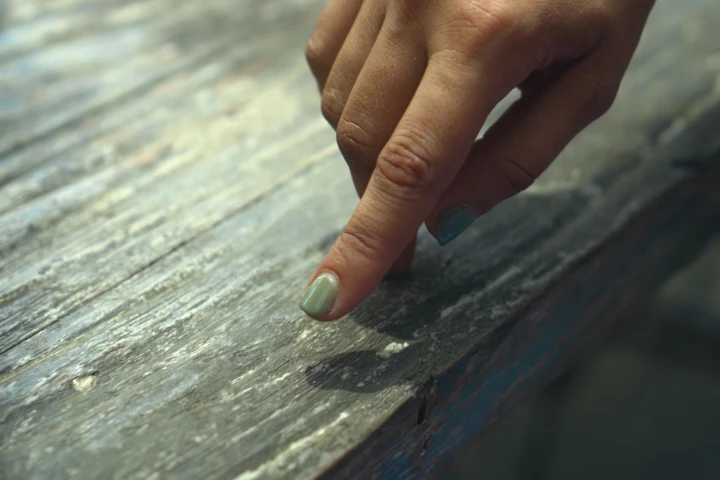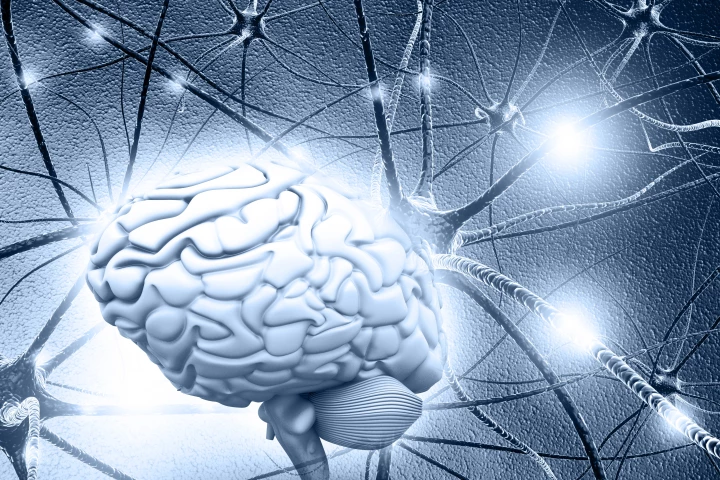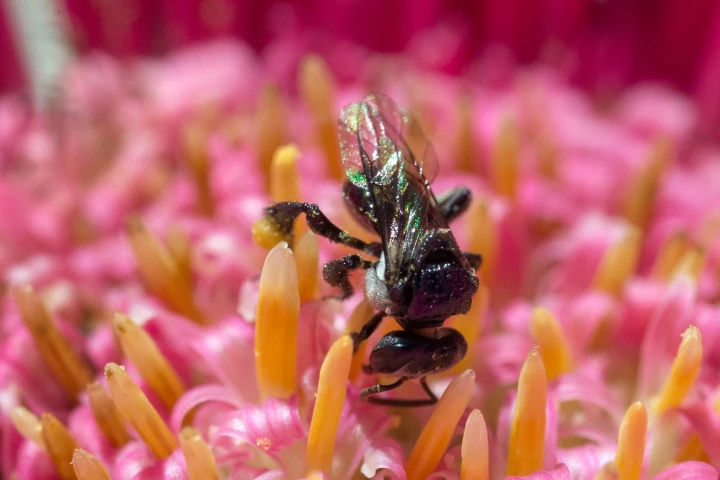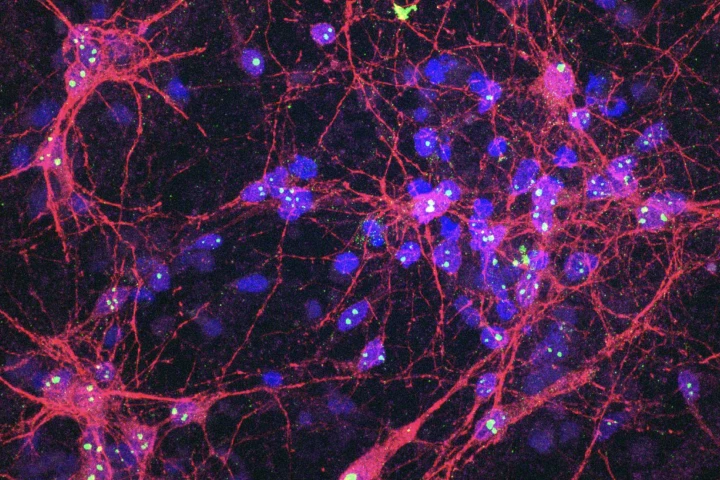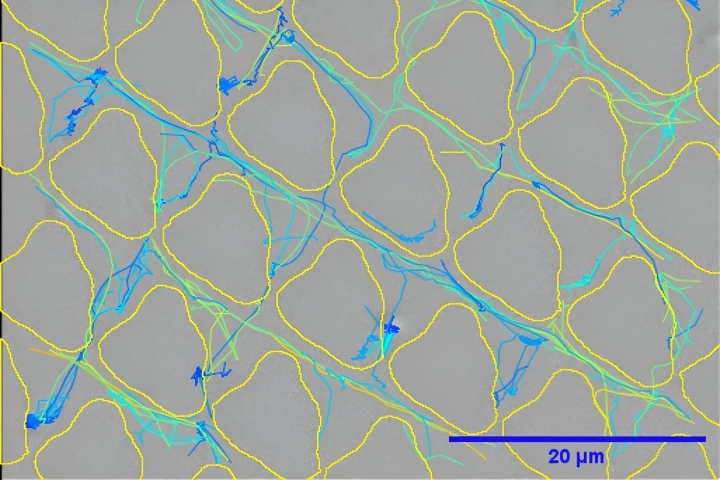Body & Mind
Incredible progress is being made in health and medicine – every day we learn more about how to maximize physical and mental health, treat and cure illness and disease, and live longer, happier and healthier lives.
Top News
-
More than 15 million Americans are putting their liver at serious risk, simply by trying to better their health. New research has revealed the extent of the damage caused by overuse of six supplements including turmeric, green tea and ashwagandha.
-
In good news for nearly half the world's men, scientists have found that a naturally occurring sugar in humans and animals can be harnessed as a an effective topical gel for baldness. It sets it up as an inexpensive and safer alternative to minoxidil.
-
Scientists have uncovered an odd superpower triggered by tapping your finger to a beat – it may help you understand someone talking to you in a noisy place, like at a busy cafe. While it sounds a little woo-woo, there's emerging science behind it.
Load More
Latest News
-
June 30, 2025 | Paul McClureResearchers have found that newborns have high levels of the tau protein, which is elevated in older people with Alzheimer’s disease, but that it causes them no harm. The discovery opens the door to developing new ways of treating the condition.
-
June 30, 2025 | Michael FrancoMany persistent sinus infections involve biofilms – colonies of bacteria that group together to resist efforts to kill them. Now, researchers have developed biofilm-blasting bots that could handily deal with these, and other, bacterial infections.
-
June 30, 2025 | Bronwyn ThompsonRemarkable new findings about the sugar stores in neurons have unlocked an entire new method of treating cognitive decline, and it furthers our understanding of why GLP-1 weight loss drugs appear to provide a shield against Alzheimer's disease.
-
June 30, 2025 | Bronwyn ThompsonThe fungus thought to have claimed the lives of several excavators at Tutankhamun's burial site has had an image makeover, with scientists discovering that it holds potent cancer-fighting properties. It opens the door to new fungi-based medicines.
-
June 29, 2025 | Paul McClureHoney produced by some species of Australian stingless bees possesses impressive bacteria- and fungi-killing properties, according to new research. The honey has the potential to be used alongside or in place of existing antibiotics.
-
June 27, 2025 | Bronwyn ThompsonFor the first time, scientists have unraveled how high levels of fructose flip a genetic switch that primes your immune system to overreact to things it would normally ignore. In this "trigger happy" state, the immune system becomes the enemy within.
-
June 26, 2025 | Paul McClureEating one extra serving of leafy greens a day could help protect your heart, according to a new long-term study that found that a higher intake of vitamin K1, found in spinach, kale and broccoli, was linked to a lower risk of dying from heart disease.
-
June 26, 2025 | Paul McClureA study found that psychopaths have structural changes in particular areas of the brain that deal with impulse control and emotional regulation. This improved understanding may help to formulate targeted treatment and rehabilitation strategies.
-
June 26, 2025 | Bronwyn ThompsonFor the first time, Cortical Labs' mini-brain system has shown how its breakthrough biological computer system can, in response to drug intervention, alter activity and improve performance. It's a huge milestone for synthetic biological intelligence.
-
June 25, 2025 | Paul McClureA clinical trial has shown that Ozempic improves blood glucose levels and weight loss in overweight type 1 diabetics who use an automated insulin delivery system. It’s hoped this will lead to the approval of Ozempic for this patient population.
-
June 25, 2025 | Abhimanyu GhoshalA new drug from pharma company Amgen shows promise as a powerful treatment for obesity. With just a once-monthly shot of 'MariTide,' participants in the study lost as much as 16% of their body weight over the course of a year.
-
June 25, 2025 | Ben CoxworthWe've seen surfaces that kill microbes on contact, but scientists in the UK have recently gone a potentially more effective route. They've created maze-like surface patterns that keep bacteria from sticking around to establish biofilm colonies.
-
June 25, 2025 | Paul McClureWater-based exercise not only improved muscle strength in people with chronic low back pain, but it also improved quality of life, according to a new study. Aquatic therapy could be a viable alternative for those who fear moving or exercising due to pain.
-
June 25, 2025 | Bronwyn ThompsonIf you have a high level of interaction with patients, students, clients or the general public in your work, you might be at much higher risk of developing type 2 diabetes. And, if you also have poor support at work, it could worsen your odds further.
-
June 24, 2025 | Paul McClureA new immune-modulating treatment has shown promising results for treating moderate to severe eczema, delivering fast itch relief and clear skin for many patients in a clinical trial, without the common side effects associated with other therapies.
Load More


